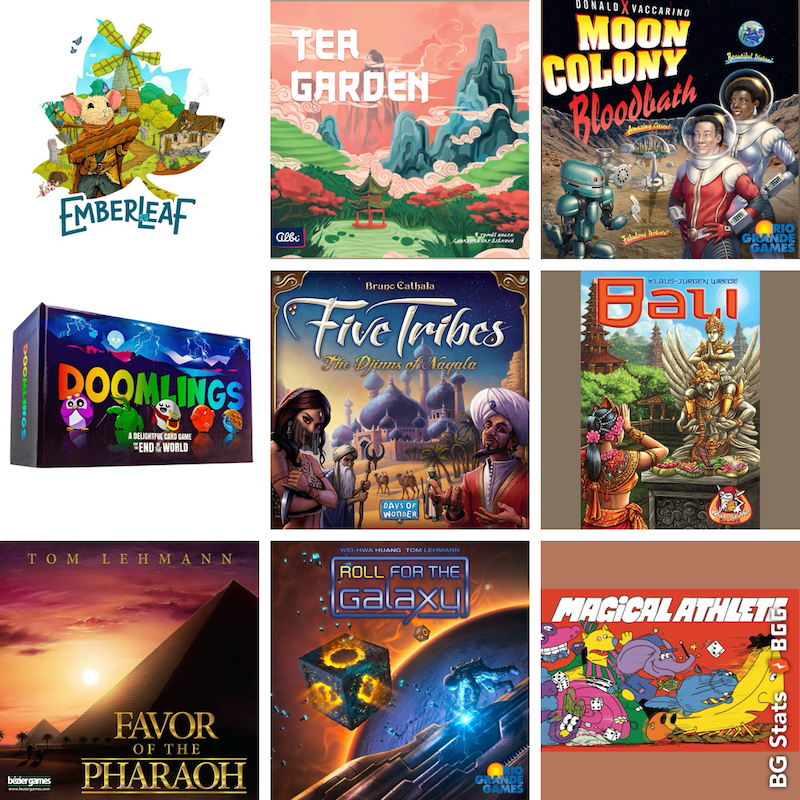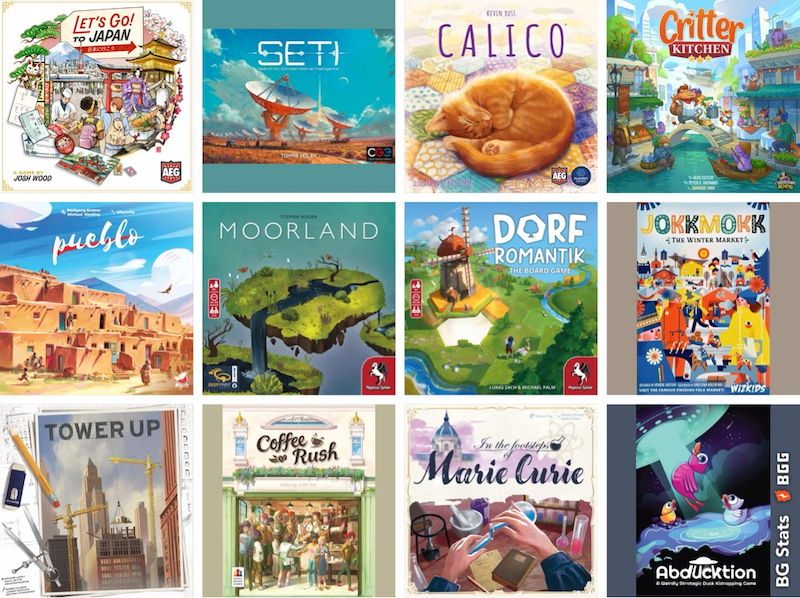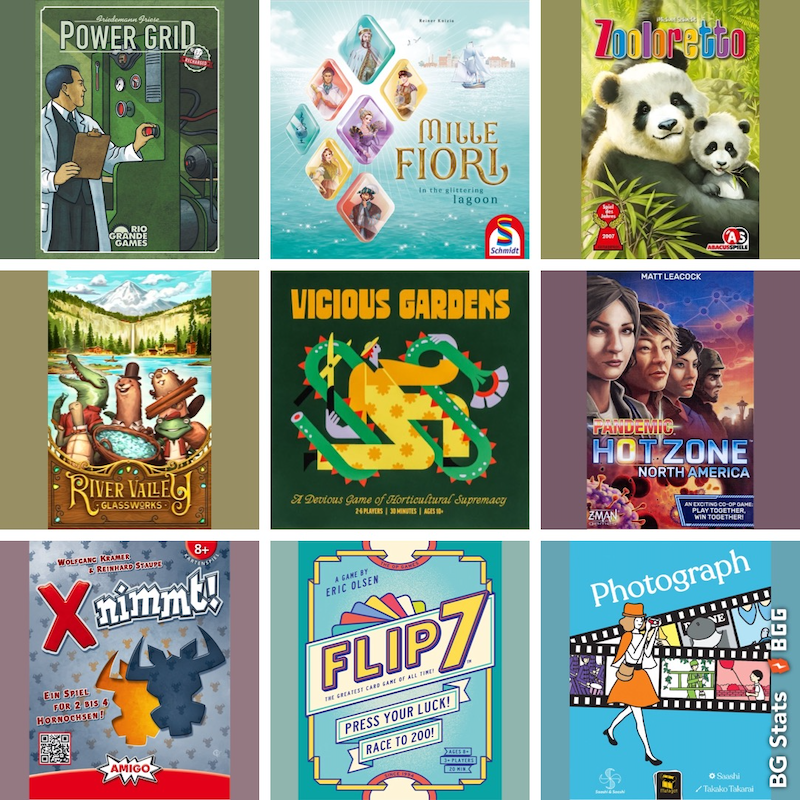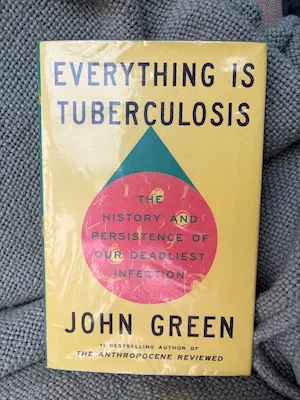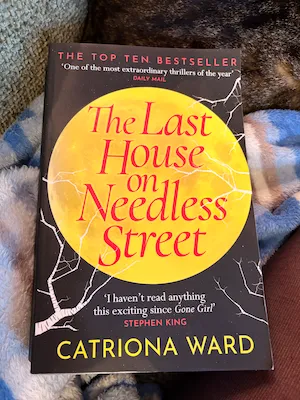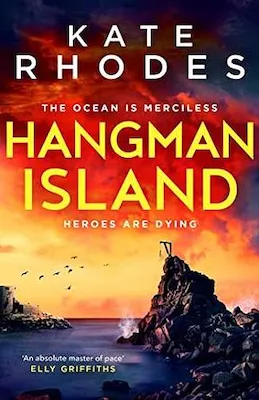Being Wrong: Adventures in the Margin of Error
by Kathryn Schulz
Monday, October 8, 2012
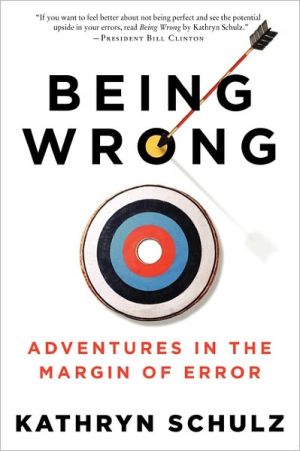
As fascinating a book as I’ve read for a long time. The writing style is rather quirky, and I can see it could annoy a reader but I liked it all the more for not being afraid to have an individual voice. I seem to have read a lot of books in the vague ‘popular science’ish genre that regurgitate the same examples, the same psychological experiments, each time. Either this book was just different enough to what I’ve read before or the author had made a real effort to find new and interesting examples, whichever, I was grateful not to feel like I was reading a rehash of the same things once more.
I tended to think of the book as being not about being wrong, but the inverse, about how we know when we are right and when we should reconsider. I’ve been concerned about issues like confirmation bias (where basically you think evidence that agrees with you is good and that which disagrees with you is bad, so you only ever get more entrenched in the view you first held) for some years now, and I was pleased to find some useful discussion of how to counter it in this book.
Some quotes that stood out for me:
As soon as we think we are right about something, we narrow our focus, attending only to details that support our belief, or ceasing to listen altogether.
You don’t need to be one of history’s greatest scientists to combat your inductive biases. Remembering to attend to counterevidence isn’t difficult; it is simply a habit of mind. But, like all habits of mind, it requires conscious cultivation.
“The genius of statistics, as Laplace defined it, was that it did not ignore errors; it quantified them,†the writer Louis Menand observed. “… The right answer is, in a sense, a function of the mistakes.â€
Doubt, it seems, is a skill—and one that, as we saw earlier, needs to be learned and honed. Credulity, by contrast, appears to be something very like an instinct.
Our commitment to an idea, he concluded, “is healthiest when it is not without doubt, but in spite of doubt.â€
Definitely a book I will return to and one that made me think.
